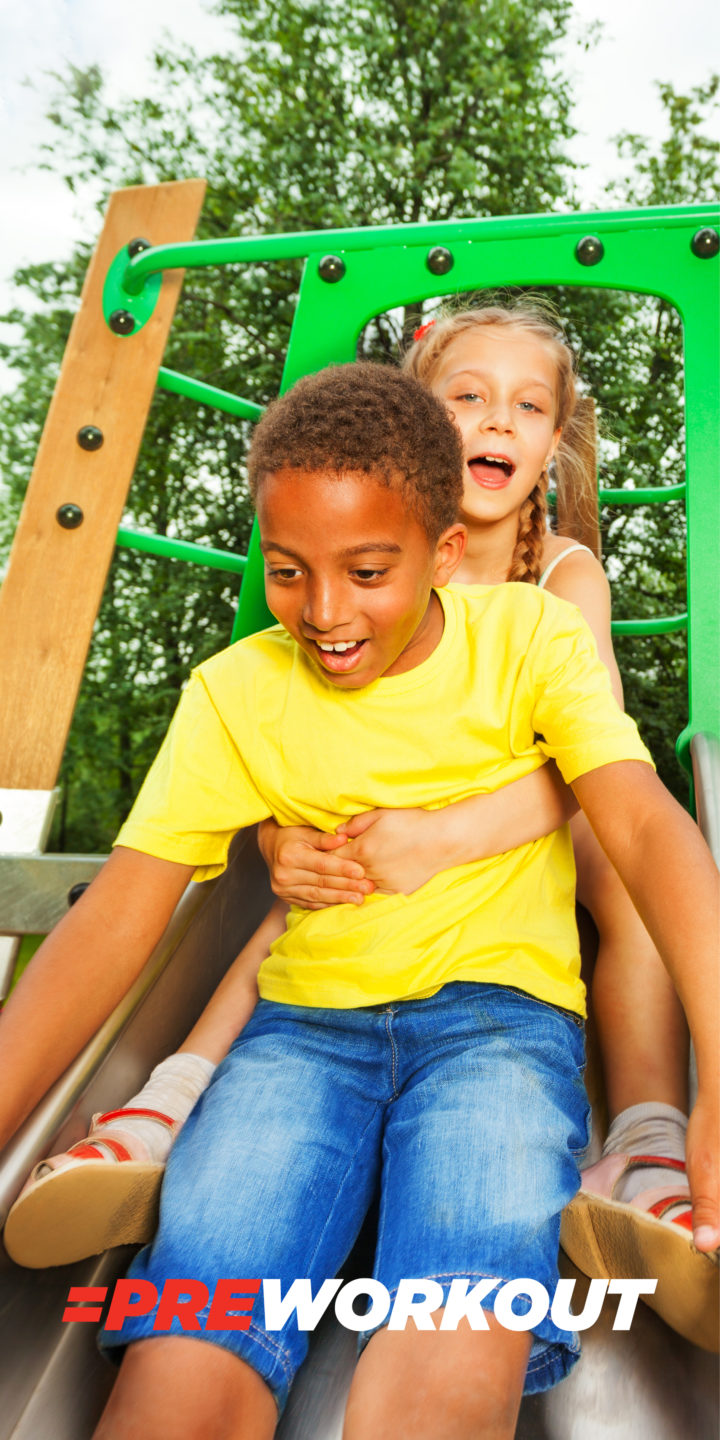It’s really important to learn good habits when you’re a kid so you can be healthy and happy as you grow up. This means eating healthy foods and exercising, which makes your body strong. It also means having a good attitude and feeling good about yourself. When you know how to take care of yourself, you can make good choices and have a better life.
Health and Wellness
Taking care of your body starts with making sure that you don’t get sick. One thing that keeps you healthy is getting plenty of sleep. If you don’t get enough sleep, it can weaken your immune system, making it easier for you to get sick. You also need to have good hygiene: Keeping your body clean helps to keep germs away. Wash your hands often, and brush your teeth regularly.
You also need to take care of your mental health. Spending lots of time in front of electronic screens can actually make you less happy, so you should limit the amount of time you spend watching TV or looking at a computer, tablet, or phone screen. When you feel anxious or stressed, try relaxation techniques like deep breathing or meditation to calm yourself. You should also talk to a trusted adult if you feel sad or upset. They can support you and help you to feel better.
One more thing you should do to take care of your health is to go to the doctor and dentist regularly, even if you don’t think there’s anything wrong with you. Getting regular checkups can help to catch health problems early, and things like vaccines and fluoride treatments can prevent problems in the first place.
- Why Kids Need Adequate Sleep
- Personal Hygiene for Children
- Importance of Regular Handwashing for Kids
- Basics of Dental Care for Kids
- Why You Should Limit Kids’ Screen Time
- How Outdoor Play Improves Children’s Well-Being
- Signs of Mental Health Problems in Kids
- Teaching Young Children Meditation
- How Often Should Your Kid Go for Checkups?
- Five Important Reasons to Get Vaccinated
Nutrition
Eating nutritious foods helps to keep your body strong and healthy. You need to have a balanced diet to make sure that your body gets everything it needs. Vegetables and fruits have vitamins and fiber. Whole-grain foods like brown rice and whole-wheat bread give you energy and fiber. You also need protein from things like chicken, fish, beans, and nuts to help you grow big and strong muscles.
Don’t forget about dairy products like milk and cheese, which have calcium to help you build strong bones and teeth. Drinking water is important, too: Your body needs plenty of water to work properly. What your body doesn’t need, though, are sugary snacks and drinks, which aren’t good for you and can hurt your teeth. Save things like candy and soda for special treats, not everyday foods.
- Importance of Proper Nutrition in Kids
- Meal Plan for Healthy Kids
- Benefits of Fruits for Kids
- Why Kids’ Diets Should Include Vitamins
- Why Kids Should Eat Whole Grains
- Calcium-Rich Foods You Should Include in Your Kid’s Meal Plan
- Side Effects of Sugary Snacks
- Nutrients for Exercise
- Why You Should Encourage Kids to Drink Enough Water
Fitness and Exercise
Exercising can be a lot of fun, and it’s also good for your health. There are lots of ways to play and stay active, like participating in sports, riding a bike, doing yoga, climbing a jungle gym, or playing tag with friends. Getting plenty of exercise can help you to have more energy, feel happier, and get stronger.
- Benefits of Exercise for Kids’ Well-Being
- Fitness Exercises for Kids
- How to Make Physical Activity Enjoyable for Kids
- Sports for Young Children
- How to Do Jumping Jacks
- Animal Walks: Exercises for Kids
- Yoga Poses for Children
- Balloon Volleyball Game for Children
- Workouts to Build Strong Muscles
- How Parents Can Shape Kids’ Attitudes Toward Fitness
Socialization and Mental Health
Spending time with other people can be good for your mental health, but to make friends and interact with them, you’ll need to have some social skills. For instance, when you talk to someone, you should look at them and listen closely to what they’re saying, then react to show them that you’re paying attention. You might just nod from time to time, but if they’re talking about something that gives them strong feelings, like joy, anger, or sadness, you should show empathy. Empathy is when you understand how someone else is feeling. For example, if someone is telling you about something sad that happened to them, you should also look sad and feel sad for them. When you socialize with people, it’s also important to be respectful, even if you don’t agree with everything they say. Take turns speaking, and don’t interrupt them when they’re talking. Spending time with one friend or a group can help you to work on your social skills and give you confidence. When you’re sad, mad, or worried, you’ll know that your friends will be there to empathize, just like you were for them.
- How to Feel and Respond to Others’ Emotions
- How to Teach Children Compassion
- Non-Verbal Communication Skills in Social Interaction
- Basics of Body Language
- Help Your Child Learn About Facial Expressions
- The Importance of Being Open-Minded
- Verbal Communication Skills for Kids
- Why You Should Encourage Kids to Engage in Group Activities
